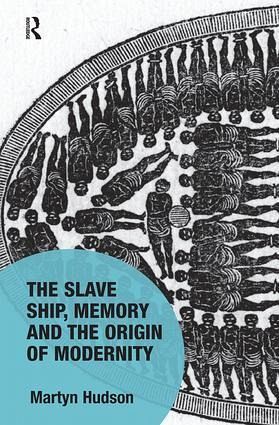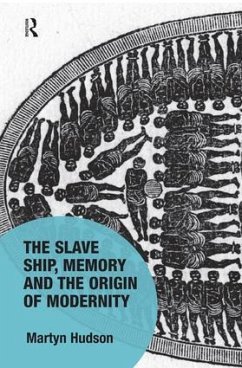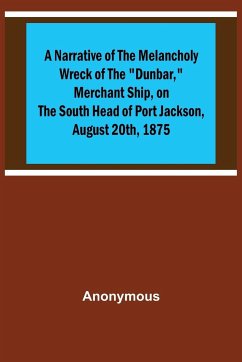
The Slave Ship, Memory and the Origin of Modernity
Versandkostenfrei!
Versandfertig in 1-2 Wochen
57,99 €
inkl. MwSt.
Weitere Ausgaben:

PAYBACK Punkte
29 °P sammeln!
This path-breaking book uncovers the significance of the memory of the slave ship for modernity as well as its role in the cultural production of modernity. By so doing, it examines methods of ethnography for historical events and experiences and offers a sociology and a history from below of the slave experience. The arguments in this book show the way for using memory studies to undermine contemporary slavery.














